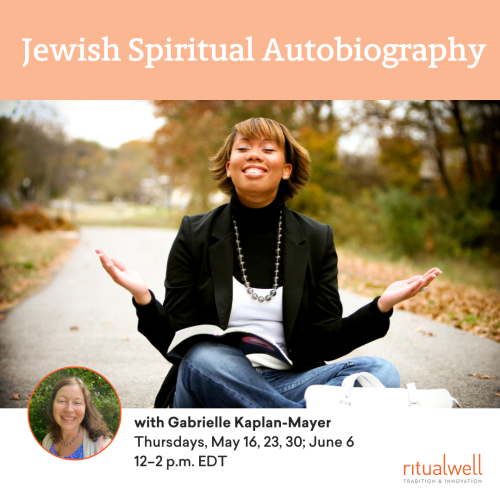Elections provide us with an opportunity to organize our personal values and community commitments. The act of voting can be a first step toward becoming the engaged citizens we aspire to be.
Why talk about Election Day from the point of view of the Jewish life cycle? I would argue that ‘finding one’s voice’ is a critical moment in the life cycle puzzle, albeit one that comes at different times for all of us. Loudmouthed though I am, I constantly struggle to speak from a position of respect and integrity. It’s a balance I rarely strike to my satisfaction, but, in many ways, it’s the project I most consider my life’s work. Showing up at the polls feels like this internal struggle made manifest. To cast a vote is to be a part of a conversation, to express one’s values in a particular way, and to engage with a complicated national history of enfranchisement and civic participation.
There are many different ways to approach the act of voting, but all of them force me to examine my values and how I want to express them. I’m tired of the apathy expressed by so many of my peers who lament our two-party system, the slow pace of political progress and their unwillingness to participate in a system that seemingly represents so few of their concerns. To be frustrated is to be a citizen, but that’s no reason not to vote.
Voting is, perhaps, my only privilege that I don’t take for granted. I see how coveted it remains for so many people in this country and elsewhere and I am grateful for the ease with which I can communicate to my local and national governments. That said, I seldom vote without complaint.
In past elections I refrained from selecting candidates when I felt either under-informed or universally disgusted with all the candidates. I don’t want to contribute to a government built on an ignorant citizenry and I don’t want to compromise my values to the point of breaking when there’s no “lesser of two evils.” Voting is an inconvenience, but it is a worthwhile one. And that is why I’ll wait in line, go into a booth and hit only the big green “VOTE” button if there’s no candidate for me to support. I’m communicating my displeasure with the options, but also my desire to be part of the community and a different political solution. (And nothing underlines my love for community more than the spontaneous conversations I have with neighbors and strangers in line on Election Day.)
In this year’s presidential race, I’m disappointed to note that neither major candidate impresses me on public education, my number one political issue. I will likely vote for one of these candidates, but not without feeling that I’m betraying my values. So where does that leave me? Hopefully, it spurs me to open my mouth! If I vote against some of my values, how can I serve them in other ways? I could write or speak about school reform, I could engage local politicians on the issue or I could volunteer with schools that need extra support. I could become an advocate. Voting is not just about electing candidates, it is about serving the good of the community.
Elections provide us with an opportunity to organize our personal values and community commitments. Though the outcomes of elections can have significant repercussions (or not), the act of voting (for either a winning or losing candidate) can be a first step toward becoming the engaged citizens we aspire to be. So, speak up—on Election Day and beyond!
JM Poses works for Ritualwell and the Reconstructionist Rabbinical College.






